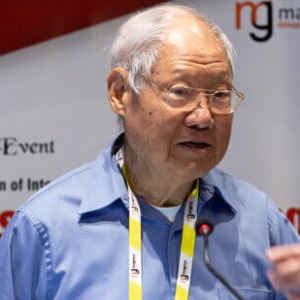Bioprocess and Biosystems Engineering
Engineering is the study of creating and developing complicated equipment or processes, while bioprocessing is any process that uses living cells to create a product. Bioprocess engineering is the planning, design, execution, and adjustment of biological and mechanical processes required to develop novel products in the life sciences. Given the complicated nature of the intersecting scientific domains, this form of engineering is quite broad. Thus, bioprocess engineering is the backbone of the biotechnology industry, as it is responsible for translating research and development into industrial applications. Advanced knowledge and understanding of systems engineering, chemistry, biology, and government laws are required of bioprocess engineers.
Biosystems engineering is a branch of engineering that combines engineering science and design with biological and environmental science applications. It illustrates a progression of engineering disciplines that have been applied to all living species, excluding biomedical applications. As a result, biosystems engineering is defined as "the branch of engineering concerned with the application of engineering sciences to the solution of problems affecting biological systems."

Murray Moo Young
University of Waterloo, Canada
Limongi Tania
University of Turin, Italy



Title : Improving health in over 40,000 patients: The impact of nanomedicine fighting antibiotic resistant infections
Thomas J Webster, Brown University, United States
Title : Advancement in dual lateral flow immunoassay design for sensitive, rapid detection of rotavirus and adenovirus in stool samples
Ayan Ahmed Isse, Genexus Biotech Company, Somalia
Title : Evaluating cell compatibility and subcutaneous host response of silk fibroin–chitosan plug composites as potential resorbable implants
Luis Jesus Villarreal Gomez, Universidad Autonoma de Baja California, Mexico
Title : Renewed novel biotech ideas, with bioreactor bioengineering economic impact
Murray Moo Young, University of Waterloo, Canada
Title : Osmotic lysis–driven Extracellular Vesicle (EV) engineering
Limongi Tania, University of Turin, Italy
Title : Diversity analyses of microbial communities in Armanis gold-polymetallic mine and acid mine drainage: Bioremediation
Anna Khachatryan, SPC Armbiotechnology of NAS of Armenia, Armenia